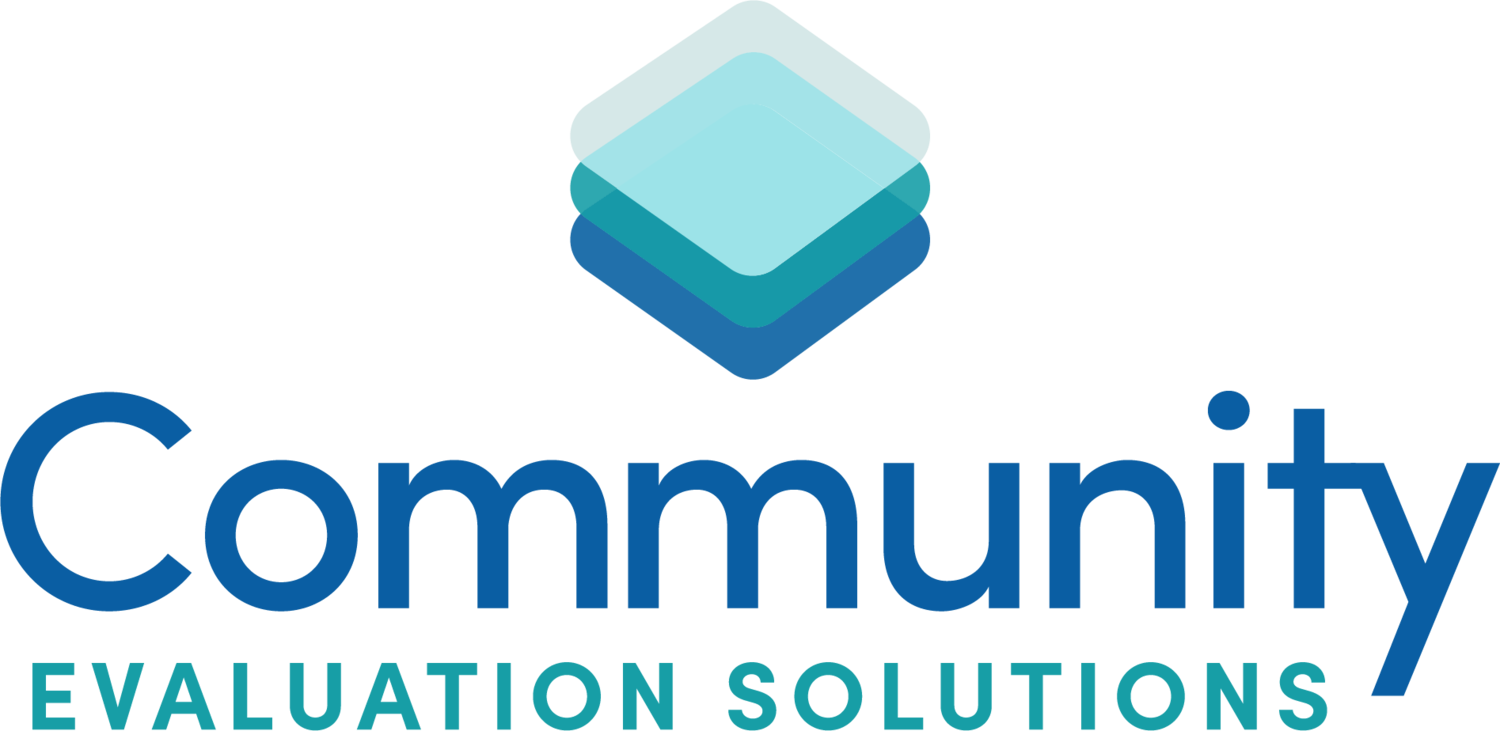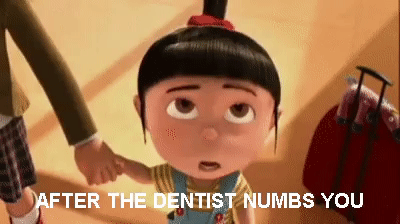How are evaluators like the dentist?
Organizations, such as nonprofits and coalitions, are often reluctant to invest in evaluation. Many only do so when a funder requires it.
Which leaves evaluators, at least this one, feeling a bit like a dentist. That professional you know you need to see, but you sure don’t want to. Maybe the metaphor is resonating with me right now because I just had a filling replaced.
I wish nonprofits and coalitions committed to evaluation, and not just when its required.
It makes me kind of sad sometimes to be honest.
Because when organizations do commit, great things happen.
Our clients have experienced:
1. Growth in the evaluative thinking. That is, the ability to ask evaluative questions that help them make decisions about how to improve their programs and community strategies. I’ve seen them learn to dig into their data, think critically, then move to action.
2. Growth in their organization’s evaluation capacity. Evaluation capacity happens when evaluation becomes part of everyday business. Processes are aligned so that data collection is more streamlined, is focused on organizational goals, and data use is expected and encouraged. Evaluation no longer feels burdensome.
3. When staff are engaged in evaluation, it helps build a culture of learning. Findings are not feared, even when outcomes are not what we hoped. Failing forward is embraced. This encourages honesty within all levels of the organization and helps everyone work collaboratively.
4. Oh ya, and we finally get to those illusive outcomes and strategies that make organizations and communities better.
There’s nothing I enjoy more than helping my clients help their communities. Watching them learn to value evaluation is a bonus.
Here is what one Executive Director said about our work:
“Ann Price and her team were great to work with. They were responsive, proactive, and made sure we kept on track with our work. They provided the framework to help us more clearly look at our goals, outcomes, what we were measuring and what we weren’t.” – Nancy Friauf, President and CEO of Partnership Against Domestic Violence (Retired)
Take Care friends. And hug your local evaluator today.

